Research as the focus of the AP Psychology Exam
This year’s AP Psychology Exam will be the first exam with the new curriculum which focuses intensely on research. Some may wonder about this focus...
AP & Honors Mathematics
Explore Wiley titles to support both AP and Honors mathematics instruction.
Literacy Skills & Intensive Reading
Connections: Reading – Grades 6–12
Empower student success with a proven intensive reading program that develops strong reading skills in striving readers.
Drama, Speech & Debate
Basic Drama Projects 10th Edition
Build students’ confidence and competence with comprehensive, project-based theatre instruction.
Literature
Connections: Literature
Support learners as they study dynamic, relevant texts and bring the richness of diverse voices to students through literature.
Literature & Thought
Develop critical thinking, reading, and writing across literacy themes, genres, historical eras, and current events.
Language Arts
Vocabu-Lit® – Grades 6–12
Help students build word power using high-quality contemporary and classic literature, nonfiction, essays, and more.
Connections: Writing & Language
Help students develop grammar, usage, mechanics, vocabulary, spelling, and writing and editing skills.
Reading/English Language Arts
Measuring Up to the English Language Arts Standards
Incorporate standards-driven teaching strategies to complement your ELA curriculum.
English Language Learners
Measuring Up for English Language Learners
Incorporate research-based best practices for ELLs with an approach that includes a focus on language acquisition strategies.
Mathematics
Measuring Up to the Mathematics Standards
Incorporate standards-driven teaching strategies to complement your mathematics curriculum.
Foundations
Measuring Up Foundations
Help students master foundational math skills that are critical for students to find academic success.
Science
Measuring Up to the Next Generation Science Standards
Give students comprehensive NGSS coverage while targeting instruction and providing rigorous standards practice.
Assessment
Measuring Up Live
Deliver innovative assessment and practice technology designed to offer data-driven instructional support.
For a better website experience, please confirm you are in:
3 min read
Laura Brandt Jan 16, 2024 11:21:00 AM
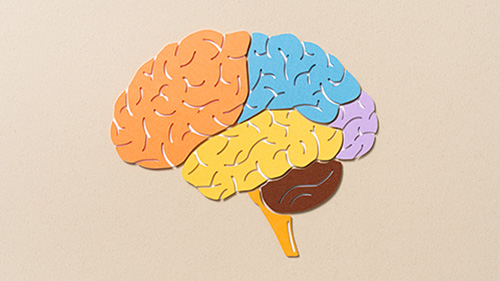
The start of a new year always a wonderful opportunity to introduce students to effective, research-backed methods for studying more effectively. Students often have the best intentions in mind when sitting down to prepare for an exam or to take in new information, but they often make mistakes in how to approach their studying. This post will explore some of the myths students often hold regarding study strategies, the problems with this approach, and an introduction to strategies supported by cognitive science.
This method may be necessary at the start of studying a new area of content while a student gets the basic ideas of the field of study. Even in these cases, however, students should try to connect their current learning to something they already know. If students study information in silos, they fail to see the connection between topics and ideas both within and between classes. This will limit their ability to transfer the information to other situations or to apply their knowledge to practical situations outside of school.
Try This Instead: Interleaving
The interleaving process allows students to see how seemingly disparate topics are related. If a psychology class teaches parts of the brain in the biological bases of behavior chapter, they can review these concepts in the memory chapter and again in the clinical chapter. By reviewing the content and finding the relationship between concepts, students understand that information does not exist in silos, and that the information can be applied in multiple settings. Interleaving can also occur when practicing skills, recursive skills applied in different ways can help students transfer these skills to novel situations. Information can be layered and reviewed until students master both content and skill.
Rote memorization occurs when students try to memorize concepts or words by either looking at them repeatedly or perhaps repeating them over and over again. While students feel like they are working hard in this strategy, the long-term retention of this information will be limited. Both visual and auditory repetition are considered shallow levels of processing that does transfer information to long-term memory.
Use This Instead: Semantic Encoding
Semantic encoding is a deep level of processing that allows students to make personal connections to the content they are trying to recall. This process may involve creating a mnemonic device, making a visual image, or creating a mnemonic device to help more easily recall the information and transfer what they need to know into long-term memory.
Students often receive the results of an exam and after learning their grade, they focus their attention on the next assigned reading of the next area of content as directed by their teacher. In many classes information builds on this prior knowledge, so this is akin to trying to build a house on a shaky foundation. Students should do a post-mortem text analysis to determine what they did not know and how they can remedy that for the future.
Do This Instead: Metacognition
Once a major assessment has been given, students should examine any incorrect questions and review the options to determine the correct response. They should write down what confused them and then continue to explain how they will remember this concept in the future. This metacognition alone has been demonstrated to improve student understanding of the material. Learning is taking place by focusing on what still needs to be understood and thinking deeply about how that can be achieved.
Students often believe that they can write a paper while simultaneously checking social media or switching between tasks. This allows them to feel like they are getting their schoolwork done while also allowing them to feel connected to friends. What students do know is that each time they leave their paper writing to check on a text from a friend or a post online, it will take them two to three minutes to get back to the paper writing. It is far better to block time (even if it is small amounts of time) to dedicate to a specific task.
Use This Instead: Pomodoro Method
The Pomodoro method asks students to set a timer for 25 minutes (or any amount of time the student feels like they can concentrate on a single task, it is fine to start at 10 minutes and work up to 25 minutes). This should allow for more concentration, and the effect will be to create a better project in less time than if multitasking. After the 25 minutes are up, the student can take a break, text a friend, have a snack, or engage in another activity that they enjoy.
Cramming for an exam at the last minute will help keep information fresh and accessible for an exam. Cramming or waiting until the last minute to study for an exam may produce decent outcomes in the short-term, however, information is not retained in the long term. This strategy will be far less successful when trying to remember the information for a unit or cumulative exam or in an internship or job setting.
Use This Instead: Distributed Practice
Distributed practice, or studying in small chunks, is an effective way to transfer information into long-term memory. All things being equal, a student who spends four hours studying in 30-minute chunks should perform better and remember information longer than if they were to study for four hours straight.
Concepts in this post are inspired by Make it Stick: The Science of Successful Learning by Peter C. Brown, Henry Roediger and Mark A. McDaniel and Study Like a Champ by Regan Gurung and John Dunloksy. Best of luck on the AP Psych exam!
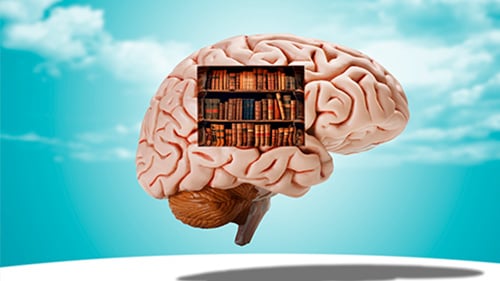
This year’s AP Psychology Exam will be the first exam with the new curriculum which focuses intensely on research. Some may wonder about this focus...
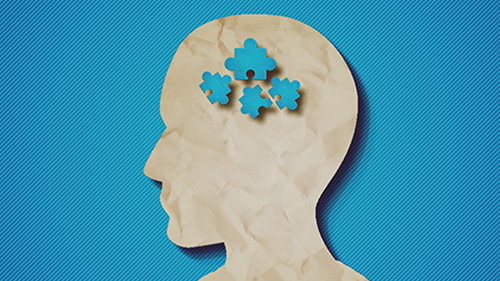
The world of AP Psychology is going through a curricular change. While this has been a works in progress for a number of years, not that the changes...
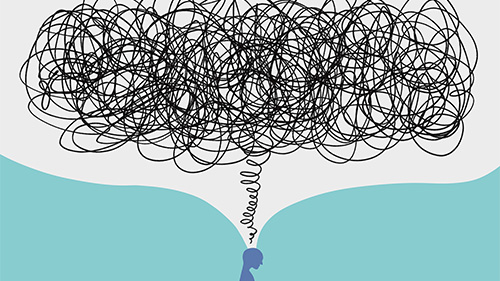
AP® Psychology is just as much a class with an abundance of new vocabulary as it is an introduction into the field of psychology. Students often...
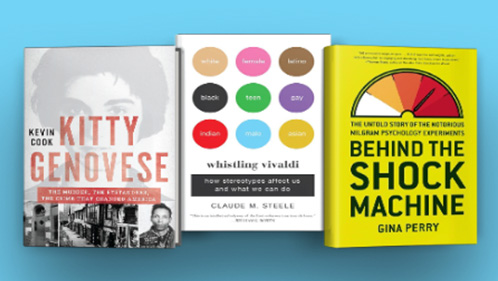
The art of teaching can be enhanced by storytelling and great storytelling begins with great stories. Psychology has many of these as it is the study...

As the AP® exam draws near, students often become increasingly anxious. Review games and activities can target areas students need to review while...
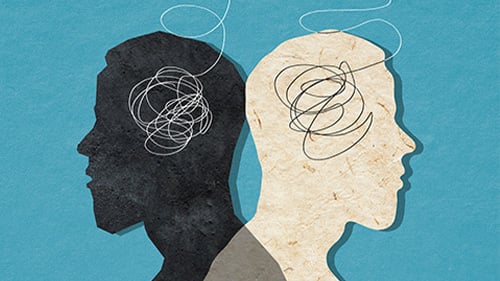
Review season is upon us. With preparations for upcoming AP exams, finals, and other year-end assessments principals in cognitive science can help...

The free-response section in the AP Psychology exam contains two seven-point questions that are weighted to account for a third of the overall exam...
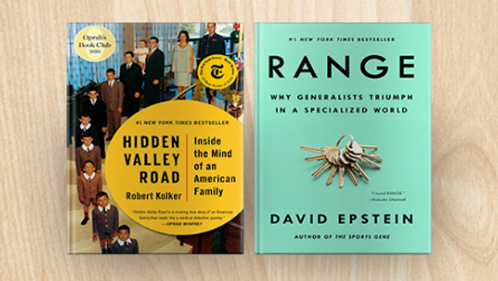
For part two of our AP® Psych summer book reviews, we check out two books that are great additions to any AP® Psychology classroom.

Discover how simulations can enhance learning in AP® U.S. Government and Politics. Engage students with hands-on activities like discretionary...

AP Social Studies courses ask students to do something uniquely difficult: think with big,universalideas while working with very specific...

The Supreme Court of the United States is often seen as the most distant and befuddling branch for my students. Whether it is misunderstanding their...

One of the things that I spent most of my time thinking about, when the redesigned AP U.S. History course went into effect, was how to deal with the...
